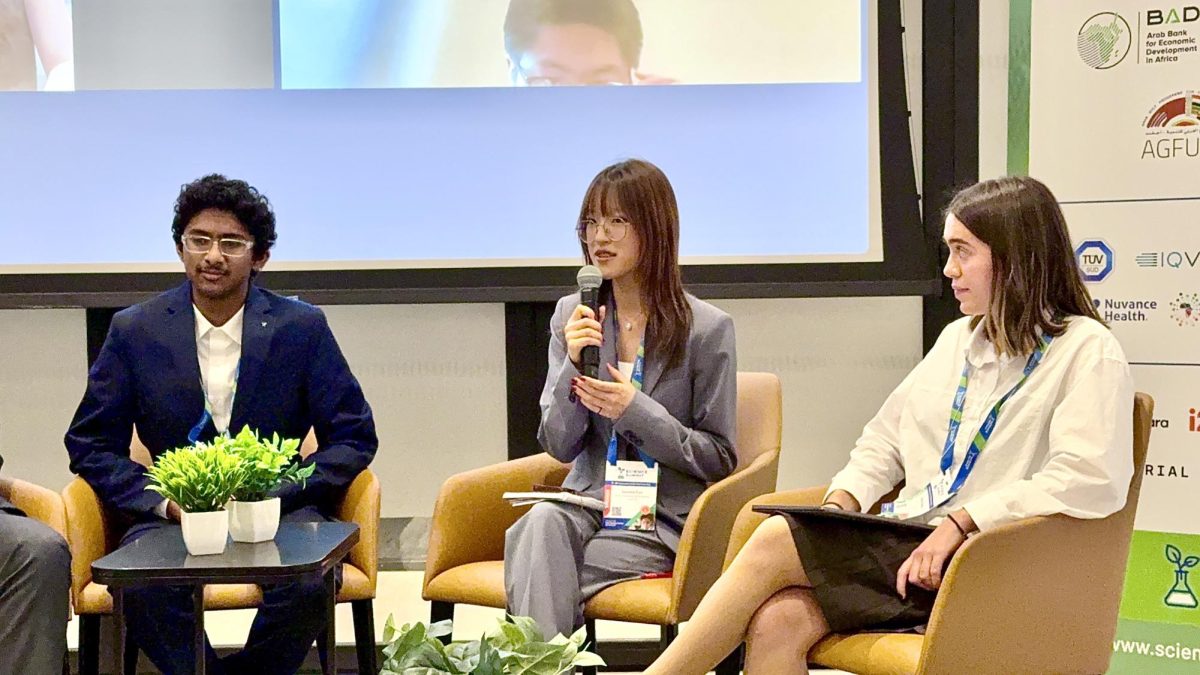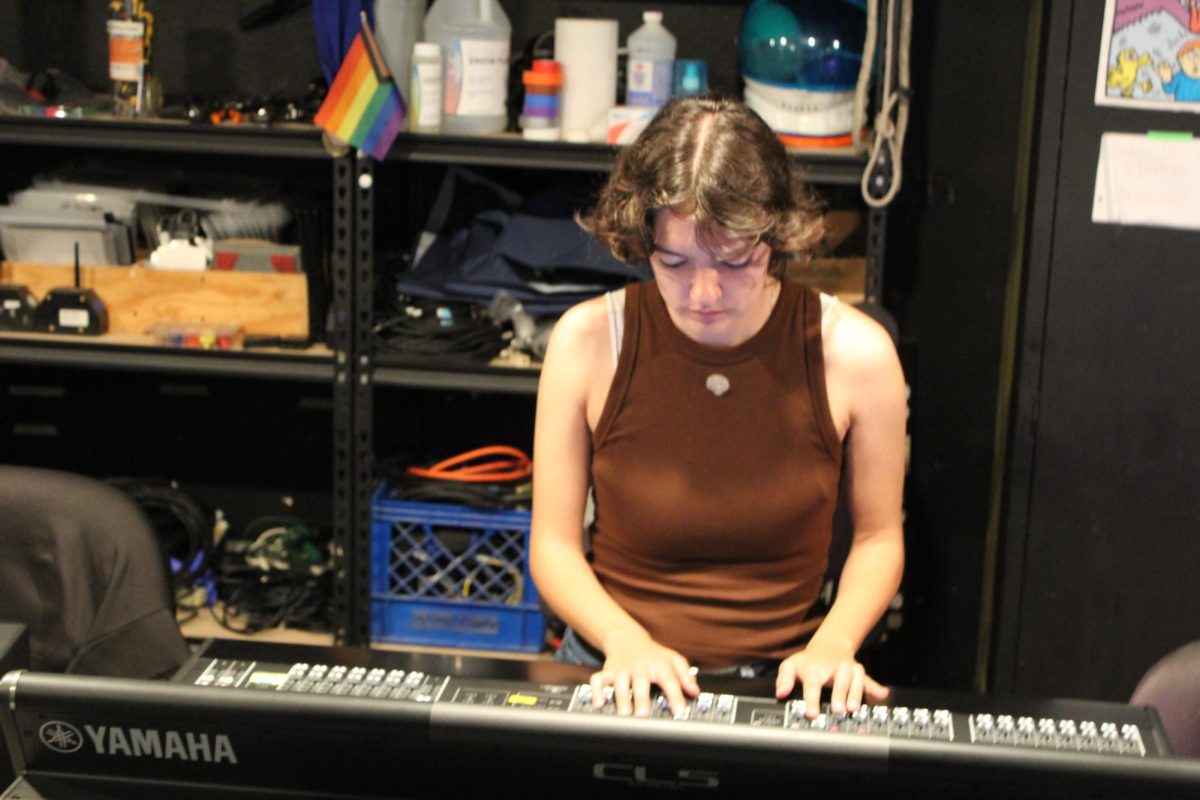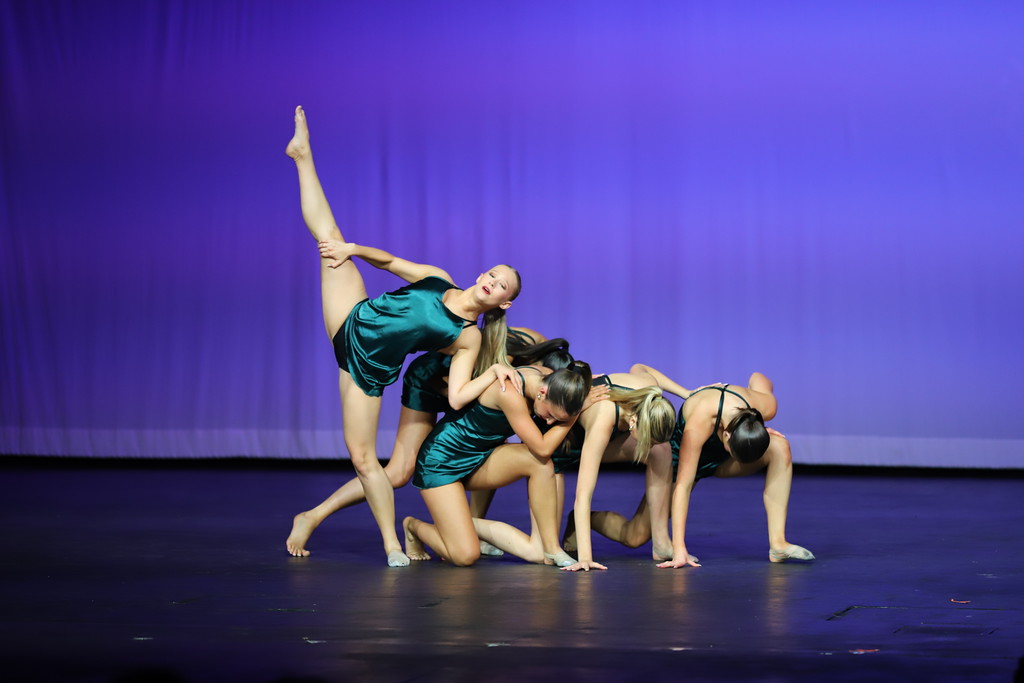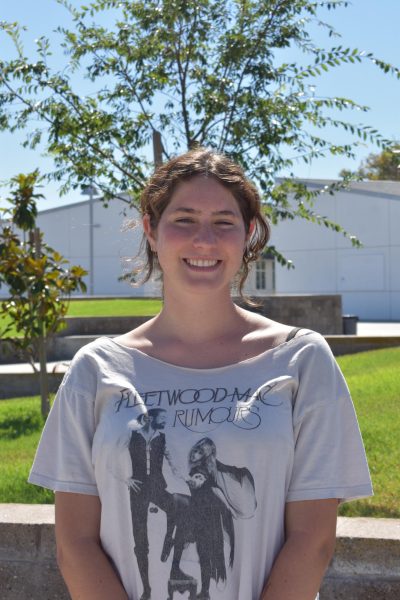As Rudy Garcia-Tolson took off his own leg in front of an audience of around 230 students and teachers, the crowd of students fell completely silent in attentive admiration, April 24. The five-time Paralympic medalist and the first double-above-the-knee amputee to finish an Ironman Triathlon was speaking at Westiview’s second year of Ability Awareness assemblies during third and fourth period.
Ability Awareness day was started last year to teach students about different disabilities to give a better understanding about what makes a person disabled. Speakers included Garcia-Tolson, social science teacher David Ramos, special education teacher Meg Heidrick-Barnes, and students from Best Buddies, Cooper Doyle (11), Grace Farrow (10), Tristan McGuire (12), Magnus Murad (9), and Andrew Porter (10).
Reflecting on the impact of last year’s event, organizers Jason Kim (12) and Robbie Gray (12) said they felt positive about the results of Ability Awareness Day.
“Even weeks after Ability Awareness Day, I had random people coming up to me saying it was inspiring, so I think the message did get out,” Kim said. “When people say, ‘Hey, aren’t you from the Ability Awareness Day thing?’ that’s a conversation starter.”
Gray noted that the event ran smoothly this year and added that its overall flow had improved compared to the past.
“I think because we’ve done it before, we were able to foster an environment where the speeches we gave and other speakers gave were a bit more thought out on what they wanted their message to be,” Gray said.
Ramos spoke again this year about his experience with Cerebral Palsy (CP). His message this year was to encourage students to be upstanders, but also to extend compassion to themselves.
“I know most of you out there probably don’t have a formal disability,” Ramos said during his speech. “But whether it’s a learning disability, whether it’s you’re too short, or too tall, too big, or too skinny, you got too many pimples on your face, you got a big nose, you’re in a wheelchair, you can’t see too well, you can’t hear too well – whatever it might be, we all have our imperfections that are deep-rooted in us, and I cannot stress enough to push yourselves beyond that and to love yourself for those imperfections.”
The second speaker, Garcia-Tolson, was contacted by Kim and Gray through the Challenged Athletes Foundation. He spoke about living with popliteal pterygium syndrome, a genetic disorder that resulted in a club foot, webbed fingers on both hands, a cleft lip and palate, and the inability to straighten his legs. He shared how, at age 5, he made the decision to have both legs amputated. From there, he described how sports helped him embrace his disability with a positive outlook. Garcia-Tolson also emphasized the importance of viewing people with disabilities not as ‘less able,’ but as individuals who simply face more obstacles.
“I like the word challenged because I am challenged,” Garcia-Tolson said in his speech. “Every day I wake up, I have to put my legs on – the same as when you wake up and put your shoes on. It’s just a little bit different. My shoes are a little heavier, and I got two more pairs, but at the end of the day, I can probably beat a lot of able-bodied athletes out there in running or swimming, or even in a triathlon.”
Kim, like Ramos, talked about his experience with CP, and said he shares this sentiment.
“[Robbie and I] wanted the message to sound different than what we did last year,” Kim said. “Robbie made a speech about meeting me, and talked about the disabled persons stereotype, and how it’s different, getting to know me. Our goal was to break the prejudice.”
Gray emphasized the importance of seeing Ability Awareness Day this year as a celebration of differences and an opportunity for greater connection.
“Last year, I wrote my speech about bringing awareness to the harassment that Jason was going through on campus, but this year was less about getting in the weeds of all that, and more about the greatness and the better understanding and joy that can come into your life when you put aside your first idea about someone,” Gray said.
Gray expressed hope that this year’s event encouraged students to be more accepting and open toward people with disabilities.
“I hope that [students] remember that people with disabilities are really not all that different from any other people, and I feel talking to them and hearing their stories is the best way to convey that,” Gray said.


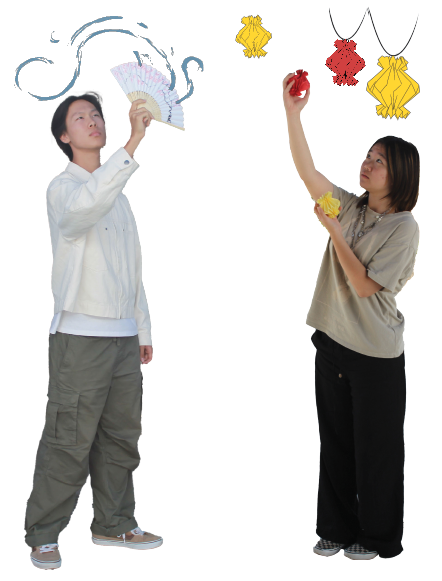
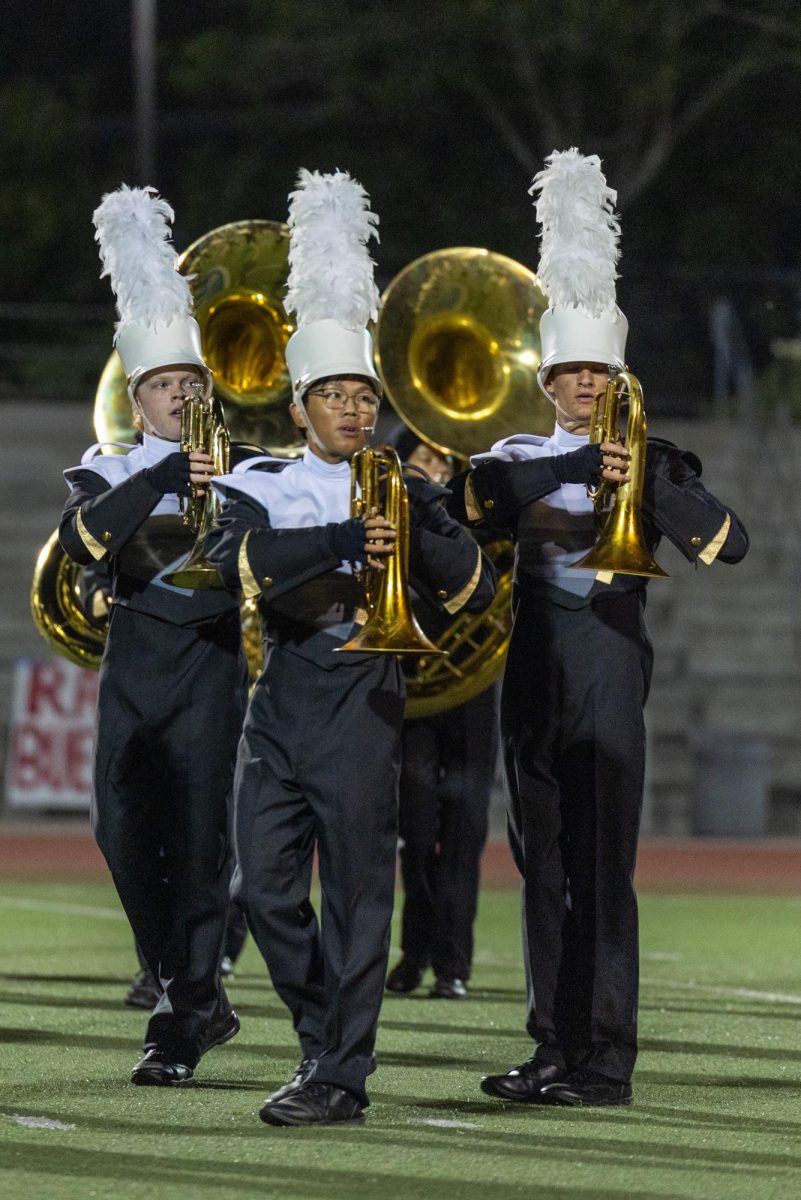
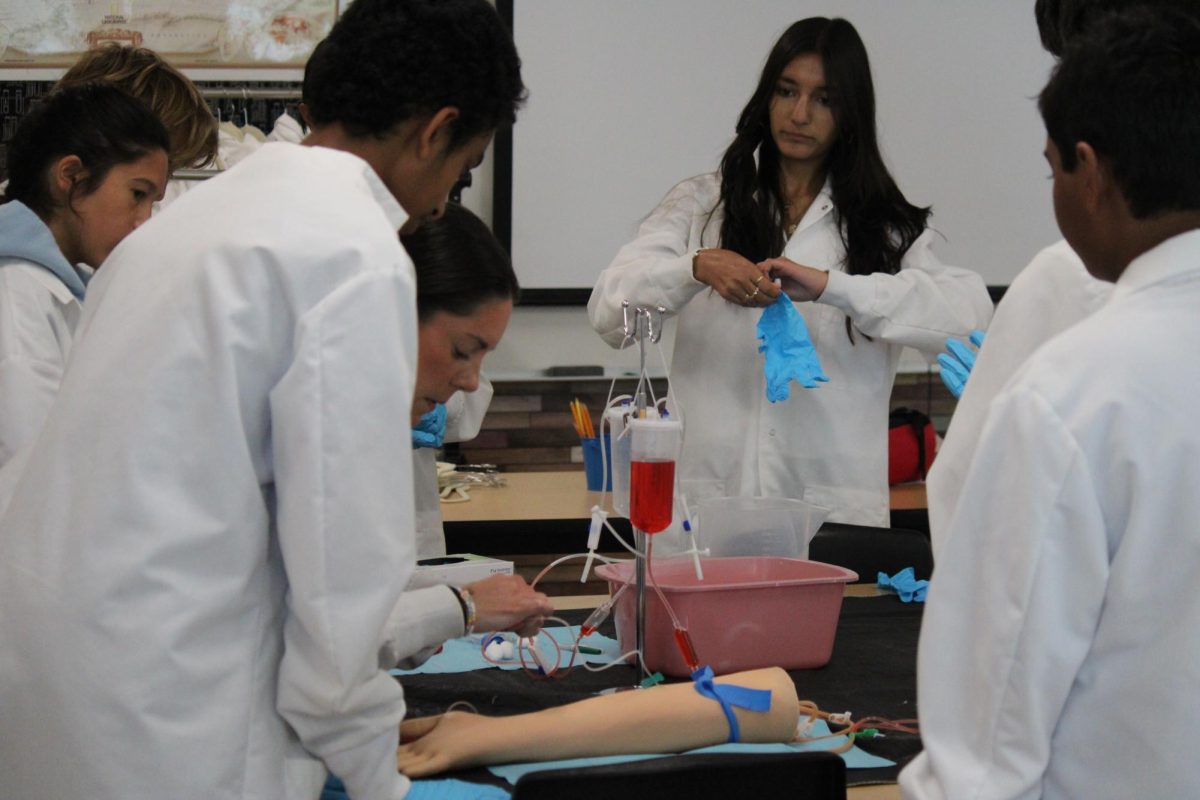
![Jolie Baylon (12), Stella Phelan (12), Danica Reed (11), and Julianne Diaz (11) [left to right] stunt with clinic participants at halftime, Sept. 5. Sixty elementary- and middle-schoolers performed.](https://wvnexus.org/wp-content/uploads/2025/09/IMG_1948-800x1200.png)
